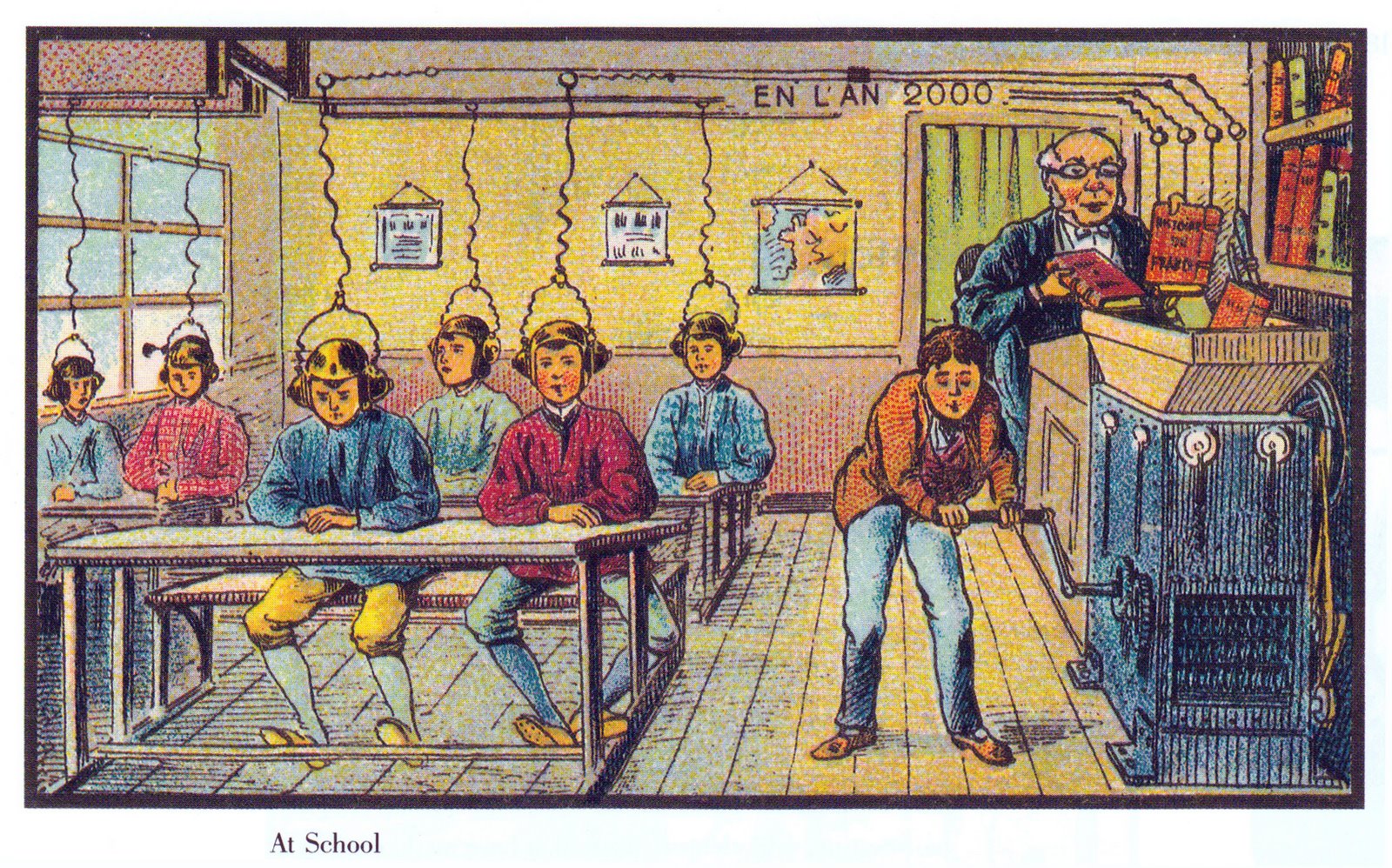Why bother to learn poetry? Now that you can summon any of a thousand poems to your phone screen in seconds, what’s the point of having a sonnet in your head?
I think this is a question worth asking. Especially now that reciting poems has been invited back onto the English National Curriculum after a sixty-year exile. And if press coverage is anything to go by, it’s likely to meet with conflicting responses. On the one hand, despite (or because of?) the increasing availability of poems “on tap”, there’s a palpable sense of nostalgia for a time when people could readily summon lines of verse, supplying poetic insight for all occasions and reinforcing a sense of shared cultural heritage. On the other, the notion arouses anxieties about the superficiality of rote learning and the ordeal of enforced recitation – as expressed by indignant newspaper columnists, making heavy use of the word parrot. This ambivalence was reflected in our recent study of poetry teaching.i Whilst some teachers thought that memorisation was “old fashioned” if not a threat to enjoyment, the very few who incorporated it into their practice said that students appeared to value it. Moreover, for the teachers who had learned poetry themselves when young, it was evidently a cherished resource for teaching and for life. We might surmise that this ambivalence represents the difference between learning “by rote” and “by heart” – but it’s just not that straightforward. Poems learned in a mechanistic way sometimes endure in the memory, perhaps eventually to unfold their meaning; conversely, lines heavy with personal significance may enter the memory effortlessly, only to disappear as easily.
It’s also a question worth asking because it’s not only education ministers who are interested. Just this week, three people told me that they’ve taken up learning poetry: to ward off dementia; for spiritual nourishment; and, for one Eeyorish soul, in case of being taken hostage and chained to a radiator. Are they right to bother? (Probability of being taken hostage aside.) Drawing on evidence from our study, on the literature of poetry and memory, and on my recent experience of trying to lay down some poetry tracks in my own head, I offer this list of possible reasons why they might be. So then, a poem in the memory:
connects us with the poem’s primary mode of sound
A poem learned is a poem literally in-corporated. Taking it into our body enables us to feel its rhythms and cadences from within, experiencing it poetically and subjectively rather than as object and artefact.
makes it available to our conscious and subconscious processes
Renaissance scholars would transcribe excerpts from their reading into a commonplace book, whose contents would be rehearsed and committed to memory. As these scholars knew, when texts are internalised they become available to the processes of the mind, facilitating connections which lead to understanding, intellectual development and, ultimately, invention. And those connections can happen in both directions: the poem in the head may enrich our understanding of the world – which may in turn entice meaning out of a poem.
affords a different kind of knowledge
Knowing a poem is a personal, experiential kind of knowledge.ii And, fanciful though it may sound, knowing a poem is somewhat like knowing another person. As neuroscientist Iain McGilchristiii argues, our encounters with works of art happen through the same neural networks as those through which we encounter living things. Perhaps we fully inhabit a poem only when we allow it to inhabit and in-form us.
offers a different sort of familiarity
Familiarity can breed – if not contempt – then at least boredom and indifference. Music, paintings and poems may become so familiar that we no longer appreciate their qualities. But equally, sometimes, works of art seem to pass through the slough of familiarity to emerge revitalised, as if encountered for the first time. My own experience, like that of another adult-poetry-learner-blogger, is that “memorising revives things that have become stale or deadened”.iv
is a form of imitation
If imitation has acquired a similarly pejorative flavour, it is surely an effect of postmodern western culture, which prizes originality and self-expression. But imitation used to be a highly regarded path to knowledge and mastery in all the arts (and still is in Eastern culture). One reason, perhaps, why poets have always memorised the work of other poets. And even if the memory of the lines eventually decays, their rhythms and cadences and images may well be embedded in the deep strata of our minds, exerting pressure on the upper contours of consciousness.
confers a sense of ownership
“Remembering the words is kind of owning the words,” said one of our poetry-project teachers. In purely psychological terms, our investment of time and mental effort would be likely to produce feelings of ownership. Equally, whereas the poem on the page is physically held at arm’s length, the memorised poem is held within the body, running along our neural pathways, enabling us in a real sense to speak our mind, so that the poem is indeed imagination “bodied forth”.v
All these suggestions are based on personal observations connected with research evidence from other fields; for despite signs of reviving interest in poetry memorisation, and its probable reinstatement on the curriculum, there is currently very little research on the subject or on how it might best be embedded within pedagogy. Questions about exactly what we are trying to recover remain conspicuously unexamined. Moreover, as my opening query implied, these questions can also be located within the wider context of the enormous changes being wrought by technology to the ways in which we perceive and interact with the world, including the “outsourcing” of human memory to digital devices – all the issues to do with the short-circuiting of learning and the shallowness of cognitive processing to which Nicholas Carrvi has alerted us.
So we’re really pleased and excited that we now have funding for a major interdisciplinary research projectvii to investigate the relationship between poetry and memory. Through a combination of literary and documentary research and social science methods, we will investigate the interaction between the memorised poem and the individual; and the social and cultural uses of learned poetry. We’ll be looking at how memorisation and recitation change understanding and emotional engagement, how a memorised poem alters its meaning for an individual over time, and the ways in which memorisation may be affected by changing technologies. Ultimately, we hope the insights we gain will enable us to see the ways in which this important mode of understanding may be best cultivated.
i The British-Academy-funded Cambridge Poetry Teaching project was a small-scale local study of perceptions of poetry teaching from Key Stage 1 through to university courses.
ii The kind distinguished in French and German by the verbs connaitre and kennen, respectively (as opposed to savoir and wissen).
iii McGilchrist, I. (2009). The Master and his Emissary: The Divided Brain and the Making of the Western World. New Haven; London: Yale University Press.
iv Nick Seddon, deputy director of the independent think tank Reform, decided to learn 100 poems in a year and wrote about it on the Guardian Book blog: Seddon, N. (2006). Taking poetry to heart. Retrieved from http://www.guardian.co.uk/books/booksblog/2006/nov/30/takingpoetrytoheart
v William Shakespeare, A Midsummer Night’s Dream, Act V, Scene 1, line 14
vi Carr, N. (2010). The Shallows: How the Internet Is Changing The Way We Think, Read And Remember. London: Atlantic Books.
vii “In Living Memory”, a three-year study funded by the Leverhulme Foundation and run by David Whitley and Debbie Pullinger at the University of Cambridge, will start in January 2014.


